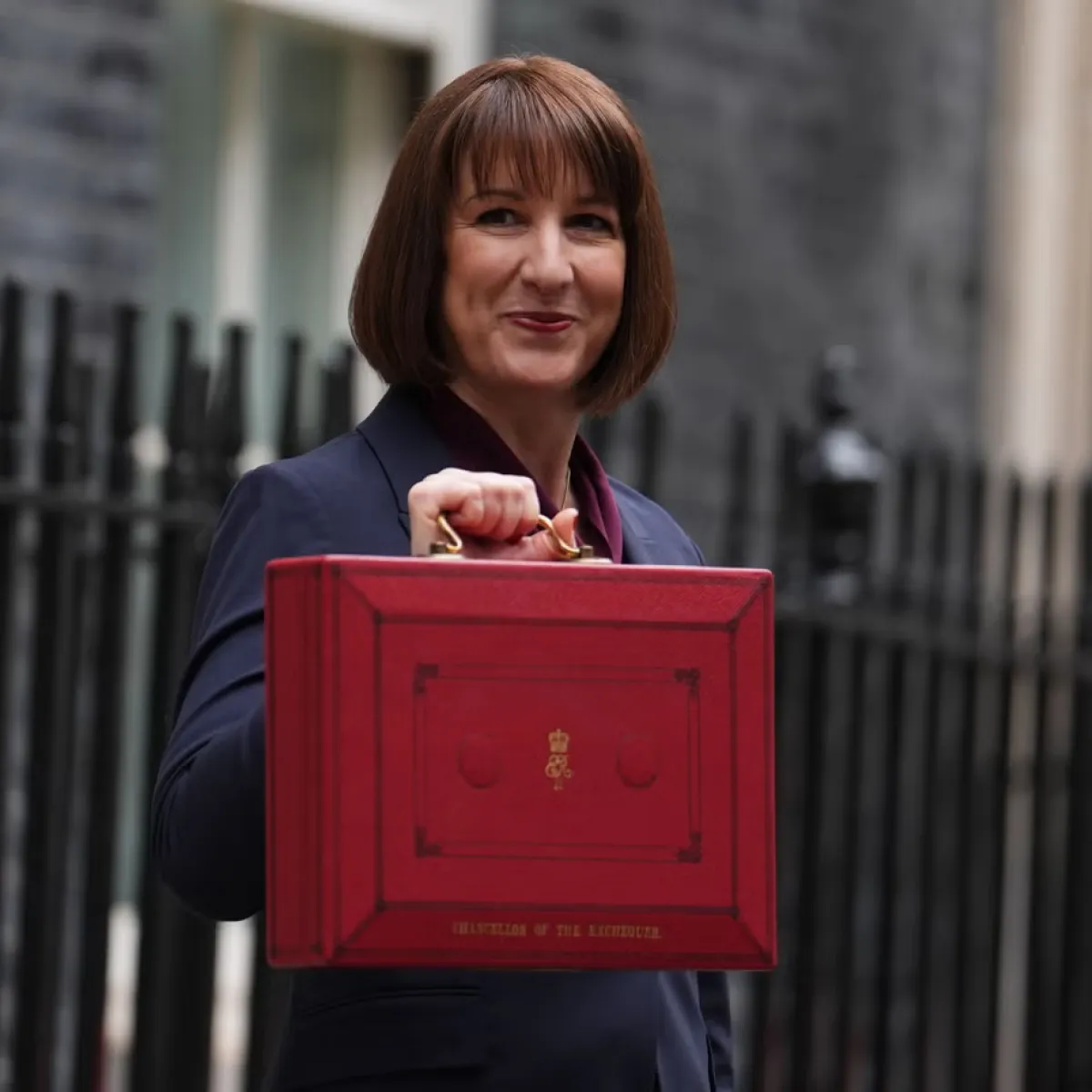This website uses cookies. Learn more
Predictions for 2021: Politics, Policy and Global Britain
A balancing year
By James Dowling, Board Director
This is the year that Chancellor Rishi Sunak’s personal interest collide with those of his portfolio – his skill in managing this will demonstrate how ready he is to inherit the mantel from Boris Johnson. Sunak has consistently warned of the need, ultimately, to balance the books and ensure that the public finances remain sustainable; indeed, the Office for Budget Responsibility in November spoke of the need for tax rises or spending cuts of at least £21 billion merely to stop debt rising relative to GDP. This has been widely interpreted (including by me) as meaning tax rises are coming (because there are few spending cuts to find). I still think this is true – but now don’t believe we will see much this year – and possibly not this Parliament.
It is clear that public opinion is not ready for a further bout of austerity – and many Tory backbenchers would oppose tax rises. This is a problem for a Chancellor who wants to inherit the throne. However, UK Government debt service costs are currently at historic lows – despite the national debt sitting at over 100% of GDP, service costs are only at 1.7% of total government expenditure. Sunak owes this to two things – quantitative easing, and the confidence of the markets that the UK will always (eventually) pay its debts. The first will not change this year – we will see much more QE, because we cannot afford not to; the second probably will not, as long as the Chancellor is able to set out a plan for bringing the public finances back into balance – even if, short term, it is accompanied by little by way of tax rises (which would, in any case, be broken on an economy still in the grip of lockdown if implemented at the next budget). Sunak therefore needs to deliver a plan which keeps the markets onside without spooking particularly the populist right in the Tory benches and the wider Conservative membership.
Party Management
By Mitchell Cohen, Associate Director
With Brexit now decided, you would think that both party leaders would be able to unify their parties and improve party discipline as we head into 2021. Both leaders however will have a difficult year ahead of them in unifying their party. Boris Johnson will continue to have to defend his actions around the Coronavirus, with many in his party, particularly based in the new Red Wall, opposed to lockdowns or frustrated with his indecision and U-turns. Furthermore, many of his backbench MPs are angry at how he has disconnected himself from his MPs.
Meanwhile, Keir Starmer faces his own battles he has also come under criticism for his lacklustre Shadow Cabinet as well as being accused of not representing the breadth of the Labour Party. Additionally, with the ongoing actions towards Corbyn and the Party trying to change its image on Anti-Semitism, it will be interesting to see how he holds his bitterly divided party together.
Global Britain
By Ed Gavaghan, Account Director
Expect a big push on ‘Global Britain’ and green finance with the Prime Minister chairing the G7 meeting later this year, alongside the re-scheduled COP26 meeting in Glasgow in November. The focus will no doubt be on shared goals and objectives, almost certainly geared towards fighting climate change now that the world’s biggest economy once again has leader in Biden who wants to take action in this area – if not perhaps gain instant re-admission to the Paris Accord. Johnson will want to use these platforms to showcase some of the UKs leading sectors, notably offshore wind and EV development, whilst helping steer (hopefully) the first significant international agreement in a post-covid world.
Internal Fractures
By Alice Pleasant, Political Consultant
The political turmoil of the pandemic and Brexit have created the perfect storm which may finally tip Scotland over the edge towards independence. With the Holyrood elections in May likely to delivery an SNP victory, there will be a renewed mandate for a referendum. Boris Johnson will need to find an improved strategy to save the Union as 17 consecutive polls suggest majority support for secession.
Discontent for the status quo is not unique to Scotland. The pandemic has compounded frustrations with central UK government such as regional inequality and lack of investment, whilst providing agency to regional and national political actors to act alone and build identities. The 2021 elections will mean these issues will not disappear and the government will have to work hard to provide a unifying message across the four nations.
All Politics is Local
By Sam Greenwood, Political Consultant
As well as the year in which Labour is legally mandated to resolve the Party’s institutional failings on anti-Semitism and its disciplinary processes, 2021 will see the first electoral test of Starmer’s Labour. If they are not postponed again Devolved, Regional and Local elections will show whether the leadership's strategy of pitching to the centre at the expense of its base is sustainable - Labour's wrangling with schools policy over the past few days is a prime example of both this strategy and its pitfalls. As Labour's rise in the polls has become a plateau, level to a Governing Party which has not exactly provided the prime model for governance over the past year, the elections will not only shape the Party's strategy for the rest of this year but for several to come.
Long shot predictions would be a fractious party conference (ok, not that long a shot), electoral gains at a mayoral level tempered by disappointing devolved and local results, and a new Scottish Leader by the end of the year.
Stay in the loop with our experts




New Business: to find out how we can help you, contact our dedicated new businesss team consultancy@lansons.com
Careers: we’d love to hear from you, please visit our careers hub











